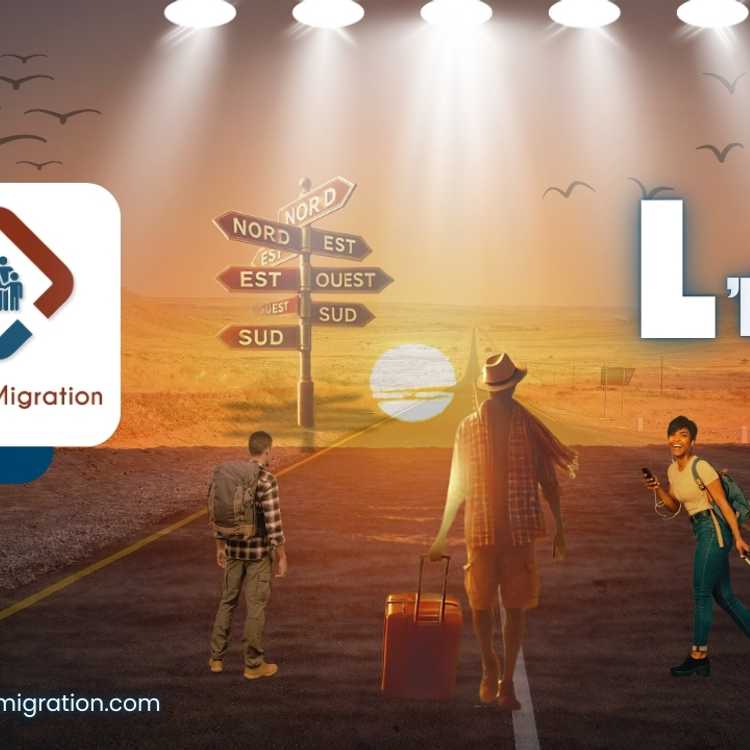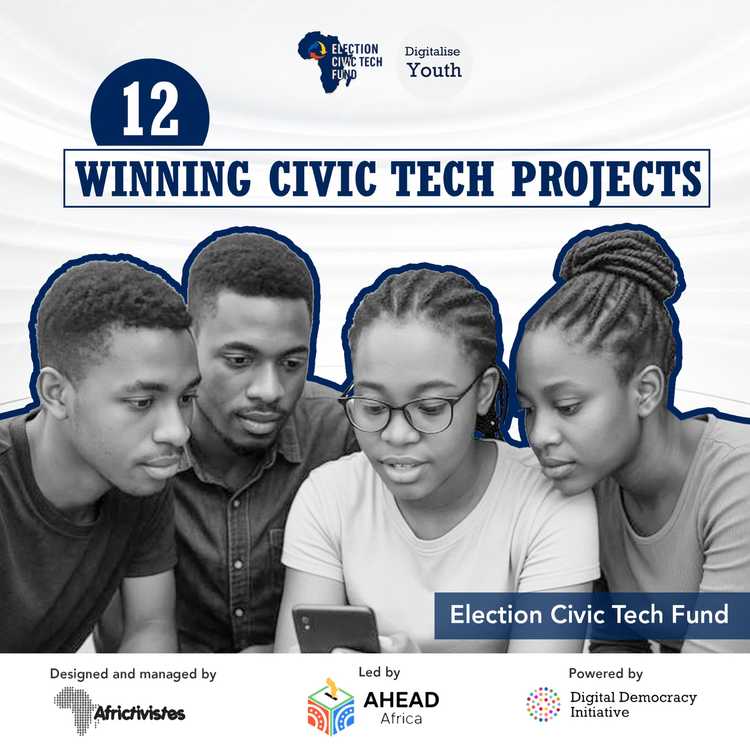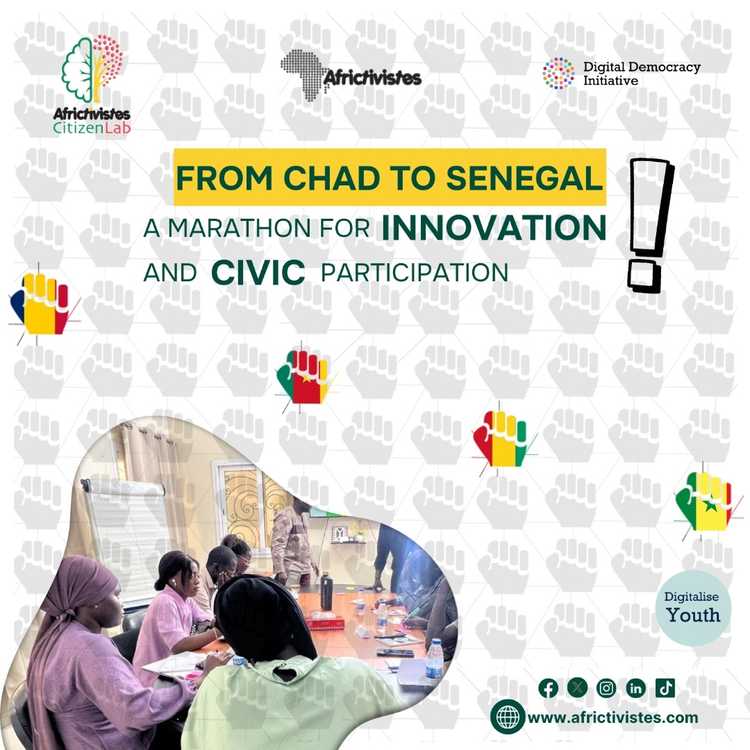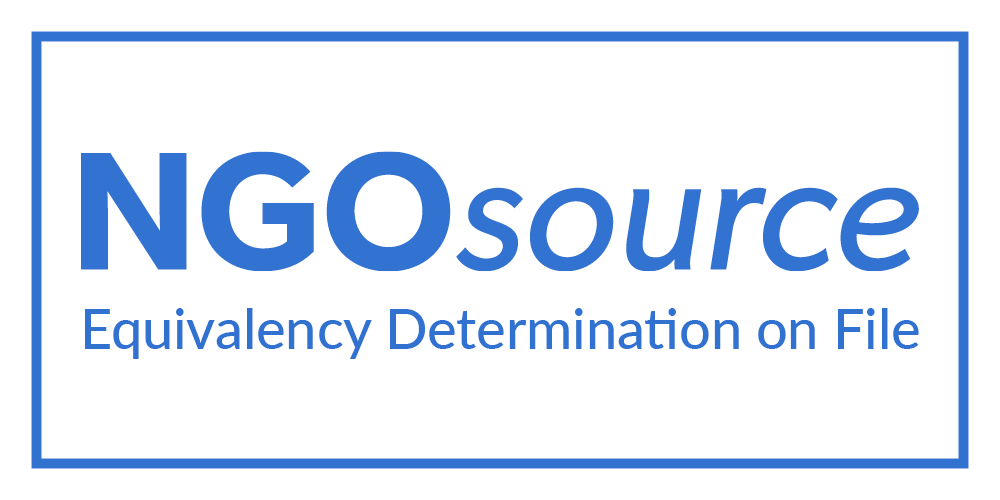Migration Dialogue 2.0, report better on African Migrations !
“To understand migration, it is essential to listen to individual stories, as they are the ones that bring numbers to life.” This statement was made by Nigerian writer Chimamanda Ngozi Adichie during her 2016 TEDxEuston speech, where she addressed migration and the importance of understanding the human experiences behind statistical data.
Indeed, information about African migration has often been presented in a negative light due to various factors, including clichés and stereotypes, misinformation exacerbated by the proliferation of digital media, as well as political and social divisions, such as the rise of xenophobia and populism.
Today, the discourse on African migration is more than ever shaped by a negative and discouraging perception in the collective imagination, amplified by biased media coverage. This fuels stigmatisation and stereotypes, reinforcing preconceived notions that, over time, paint a bleak picture of African migration. Some examples include:
- Emphasison migration to Europe, without considering intra-African migration or migration to other parts of the world (approximately 80% of migration occurs within the African continent);
- Idea that all African migrants enter a country illegally, overlooking legal migration pathways;
- Perception that Africans are primarily economic refugees;
- Belief that African migrants contribute to rising crime rates or unemployment;
- “Flight” narrative: the cliché that all African migrants leave their countries out of desperation;
- Reducing of migrants to cultural or ethnic stereotypes;
- Perception that migrants are a burden on host countries, ignoring the positive aspects of African migration (such as contributions to economic growth, integration into the labour market, filling workforce shortages, resilience, etc.).
Furthermore, migration is a natural phenomenon, an integral part of the human experience, influenced by environmental, economic, and social factors. As Félix Houphouët-Boigny, former President of Côte d’Ivoire, once said: “Man is an eternal migrant; he is always in search of a place where he can thrive.”
In this context, it is essential for our platform Migration Dialogue to maintain its approach by adopting a renewed perspective on African migrants—one that provides contextualised and accurate information while placing the human experience at the heart of analysis and reflection.
With this in mind, the first phase of the Migration Dialogue project, crystallised by the launch of the dialoguemigration.com platform in 2022, aimed to ensure a balanced approach to migration issues. This platform has provided the public with reliable, fair, and human rights-respecting information while upholding the dignity of individuals, with a particular focus on women and minors.
To achieve this objective, the platform relies on an editorial team that has already published 167 articles in French and English, covering a wide range of topics.
These content creators—hailing from Niger, Mauritania, Burkina Faso, Senegal, Guinea, Benin, and the DRC—have successfully turned the platform into a hub for news, fact-checking, access to open data, and a space for dialogue on migration. This is achieved through dedicated sections for testimonies, narratives, verification, and public contributions on migration-related topics.
A New Chapter
Following this first phase, the journey continues with the ambition to contribute to a sustainable shift in the paradigm of African migration, with a renewed commitment to raising awareness, informing, and engaging minds towards a human-centred and respectful approach to migration. A strengthened team now includes journalists from Côte d’Ivoire and Togo.
Join our community on social media, visit our platform, and engage with our content!



![[Guinea-Bissau]: Joint Statement from Human Rights Defenders Against the Confiscation of Popular Will !](/static/8552596543d1c00bc73e662f85c0a62f/fce2a/Capture-decran-2025-12-01-a-16.34.43.png)
![[Guinée-Bissau] Joint Declaration – Afrikajom Center and AfricTivistes both firmly condemn the military takeover and warn of the risk of a political crisis !](/static/4d5ad12346b3ef8c55278621c445488b/9e635/Putsch-Guinee-2.jpg)

![[Tanzanie] 🇹🇿 AfricTivistes strongly condemns violent suppression in Tanzania](/static/adf91a1c13cd101f988b6b6971928880/9e635/TZN.jpg)
![[Cameroon] AfricTivistes condemns violent repression, urges govt to uphold rights !](/static/6399a9d8e94e3ae1f681f86178520d96/9e635/WhatsApp-Image-2025-10-27-at-15.32.48.jpg)



![[Madagascar] Generation Z, the driving force of civic awakening!](/static/9072e289fdab44c062096dcfb9499441/9e635/4-2.jpg)









